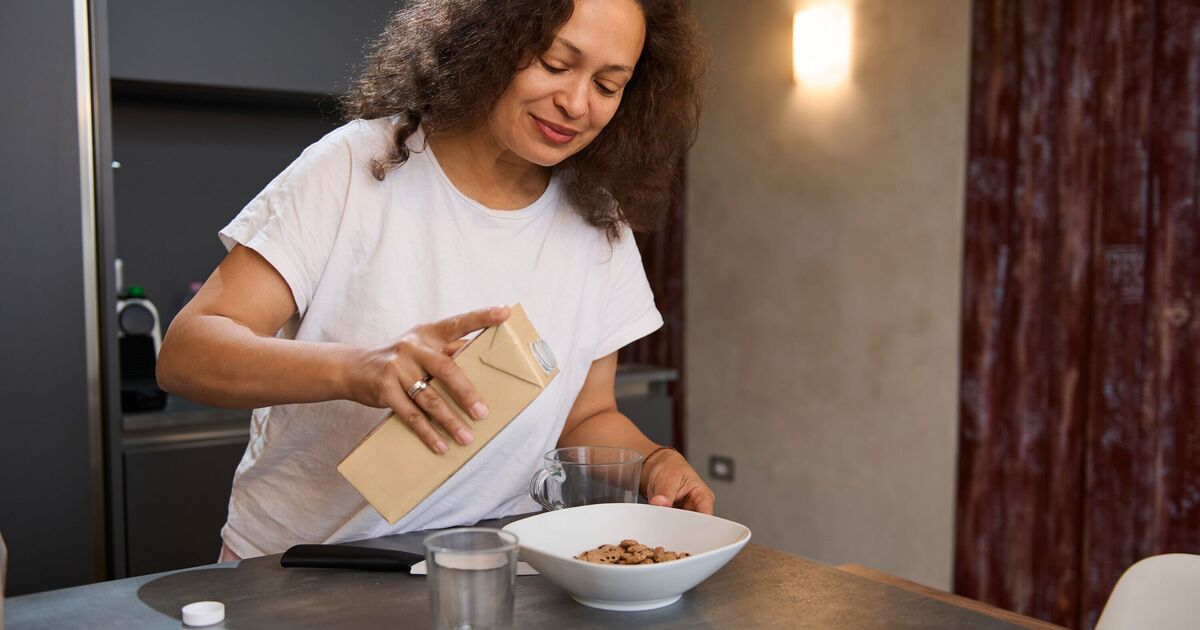As the nights draw in and we bid farewell to the summer sun, it’s not just the clocks that need adjusting – your vitamin D intake is about to take a dive. This essential nutrient, soaked up from sunlight, is key for bone strength and immune health.
Yet, as October 27 looms and the clocks fall back to GMT, plunging evenings into darkness, many in the UK are slipping into a deficiency without even realising.
Dr Dave Nichols, NHS GP and MyHealthChecked resident doctor, warns of the subtle signs that you’re lacking vitamin D: “For those who do develop symptoms, the first thing they may notice may be fatigue or tiredness. Vitamin D plays a key role in bone formation, so people may present with joint aches or pains, and in some cases fractures.”
He continues, detailing more symptoms to be vigilant about: “Other symptoms include muscle aches or spasms, pins and needles sensation in the hands and feet, twitching, sleep disturbance or hair loss. More serious symptoms include muscle weakness and mood changes including depression, with recent work also highlighting that vitamin D may have a neuroprotective effect. Some studies have highlighted that low vitamin D levels may be associated with a higher risk of dementia, and that supplementation may help reduce this risk.”
With the summer of 2024 being notably cooler than previous years, Dr Dave sheds light on the potential health impacts of a chillier season.
“The colder, damper weather means that our vitamin D levels are likely to be lower compared to the average for this time of year. Whilst you can absorb vitamin D on a cloudy day, the UVB exposure is less and so more time will be required to have the same effect,” he said.
Mum-to-be Ellen, 35, concerned about maintaining a healthy intake of vitamin D after relocating from sun-soaked Brazil to the UK, has turned to at-home testing. With an imminent arrival on the way, she’s taking control of her health: “When I moved from Brazil, I became more aware of conversations in the UK surrounding vitamin D, and was concerned that I wouldn’t naturally receive the same intake that I used to get. Now that I am pregnant (expecting next month!) I have become particularly conscious about ensuring I am not deficient, for both me and my baby.
“I tested at home to gain peace of mind that my supplements were working, without having to go to the doctors and wait for blood tests. Being heavily pregnant during the disappointing summer that we’ve had this year did bring some extra concerns, but testing at home provided me with confidence that my levels are sufficient.”
In line with UK Government Guidance, which advises every Briton to take a daily supplement during the autumn and winter months, Isabela Ramos, a nutritionist and nutrigenetics expert at MyHealthChecked, has recommended certain foods to help increase your vitamin D intake.
These include oily fish such as salmon, mackerel, sardines, and trout, which are naturally rich in vitamin D; egg yolks, which provide a small but useful source of the vitamin; fortified foods like breakfast cereals, plant-based milks, and spreads, many of which are fortified with vitamin D in the UK to address deficiencies; and mushrooms exposed to sunlight, which can be a plant-based source of vitamin D.
For those curious about their vitamin D levels, MyHealthChecked offers a simple test that can assess your levels in just ten minutes. Isabela said: “The test is designed to quickly assess your qualitative vitamin D levels. It can be done at home and is particularly useful after periods of reduced sunlight exposure, like this summer, and allowing for early intervention if your vitamin D levels are low.”










